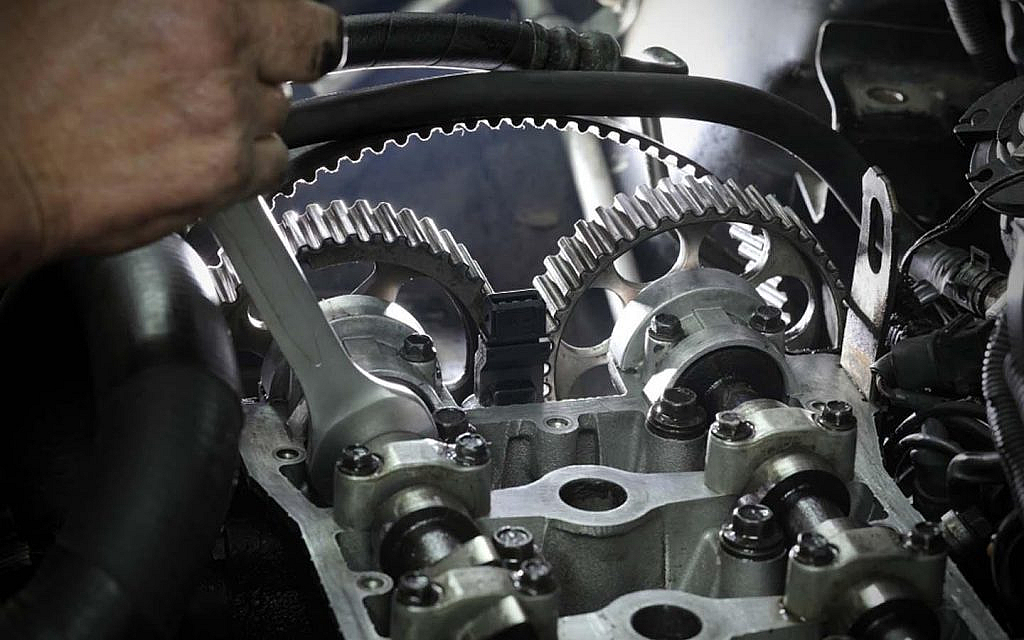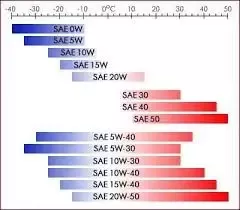When it comes to the performance of a vehicle, the timing belt plays a crucial role. Many car owners wonder, “Does a timing belt affect acceleration?” In this article, we will explore the relationship between a timing belt and a car’s acceleration, and how a faulty timing belt can impact the overall performance of a vehicle.
Understanding the Timing Belt
A timing belt is a critical component of an internal combustion engine. It is responsible for synchronizing the rotation of the crankshaft and the camshaft, ensuring that the engine’s valves open and close at the right time during the engine’s intake and exhaust strokes. This synchronization is essential for the proper functioning of the engine and overall vehicle performance.
Impact on Acceleration
Now, let’s address the question at hand: Does a timing belt affect acceleration? The answer is yes. A worn or faulty timing belt can indeed have a significant impact on a vehicle’s acceleration capabilities. Here’s how:
- Engine Misfires: A worn timing belt can lead to engine misfires, causing a lack of power during acceleration. When the timing belt is not functioning correctly, the engine’s combustion process is disrupted, resulting in decreased power output.
- Decreased Engine Power: As the timing belt wears out, it may slip or become misaligned. This disruption in engine timing can cause a reduction in engine power, leading to sluggish acceleration and overall poor performance.
- Rough Idling: A failing timing belt can also result in rough idling, hesitation during acceleration, and a noticeable decrease in the engine’s power output.
It is important to note that the timing belt’s impact on acceleration is not limited to these factors. The overall synchronization of the engine, which is controlled by the timing belt, directly affects the vehicle’s ability to accelerate smoothly and efficiently.
Signs of a Bad Timing Belt
As a car owner, it’s crucial to be aware of the warning signs that indicate a potential issue with the timing belt. Some common indicators of a bad timing belt include:
- Engine misfires
- Decreased engine power
- Noises coming from the front of the vehicle
- Rough idling
- Hesitation during acceleration
If you notice any of these signs, it’s essential to have your timing belt inspected by a qualified mechanic to prevent further damage to your vehicle and ensure optimal performance.
Importance of Timely Replacement
Given the critical role of the timing belt in a vehicle’s performance, it is crucial to adhere to the manufacturer’s recommended replacement intervals. Over time, the timing belt will naturally wear out, and if not replaced in a timely manner, it can lead to serious engine damage and costly repairs.
By proactively replacing the timing belt according to the manufacturer’s guidelines, car owners can ensure that their vehicle maintains optimal performance, including smooth acceleration and efficient power delivery.

Credit: www.amazon.com
What Happens When a Timing Belt Breaks?
If a timing belt breaks while the vehicle is in motion, the consequences can be severe. The engine’s valves and pistons can collide, leading to extensive damage to the engine. In such cases, the vehicle will immediately lose power and come to a halt, requiring significant repairs to rectify the damage.
Frequently Asked Questions
Can A Bad Timing Belt Cause Acceleration Problems?
A bad timing belt can cause acceleration problems because it manages the engine’s pistons, valves, and spark plug. If the timing belt malfunctions, the engine won’t produce enough power, resulting in acceleration issues. Symptoms of a bad timing belt include engine misfires, decreased power, and noises from the front of the vehicle.
Does A Timing Belt Affect Speed?
A timing belt can affect speed in a car. If the timing belt malfunctions, it can cause the valves and pistons to collide, resulting in a loss of power and decreased acceleration. It is important to replace a bad timing belt to maintain optimal engine performance and speed.
Does A Timing Belt Affect Power?
A bad timing belt can affect the power of a vehicle. It manages the engine’s pistons, valves, and spark plugs, ensuring they all work together during combustion. If the timing belt malfunctions, it can cause the valves and pistons to collide, resulting in decreased engine power and difficulty in acceleration.
Can Bad Timing Affect Acceleration?
A bad timing belt can affect acceleration by causing engine misfires and decreased power, resulting in sluggish performance. The timing belt synchronizes the engine’s components, and if it malfunctions, it can lead to rough idling and hesitation during acceleration. Regular maintenance and timely replacement can prevent these issues.
Conclusion
In conclusion, the timing belt plays a critical role in a vehicle’s acceleration and overall performance. A worn or faulty timing belt can result in engine misfires, decreased power output, rough idling, and hesitation during acceleration. Regular inspection and timely replacement of the timing belt are essential to maintain the optimal performance of a vehicle and prevent costly engine damage.
Car owners should be attentive to the warning signs of a bad timing belt and address any issues promptly to ensure a smooth and efficient driving experience. By prioritizing the maintenance of the timing belt, drivers can enjoy reliable acceleration and enhanced vehicle performance.



